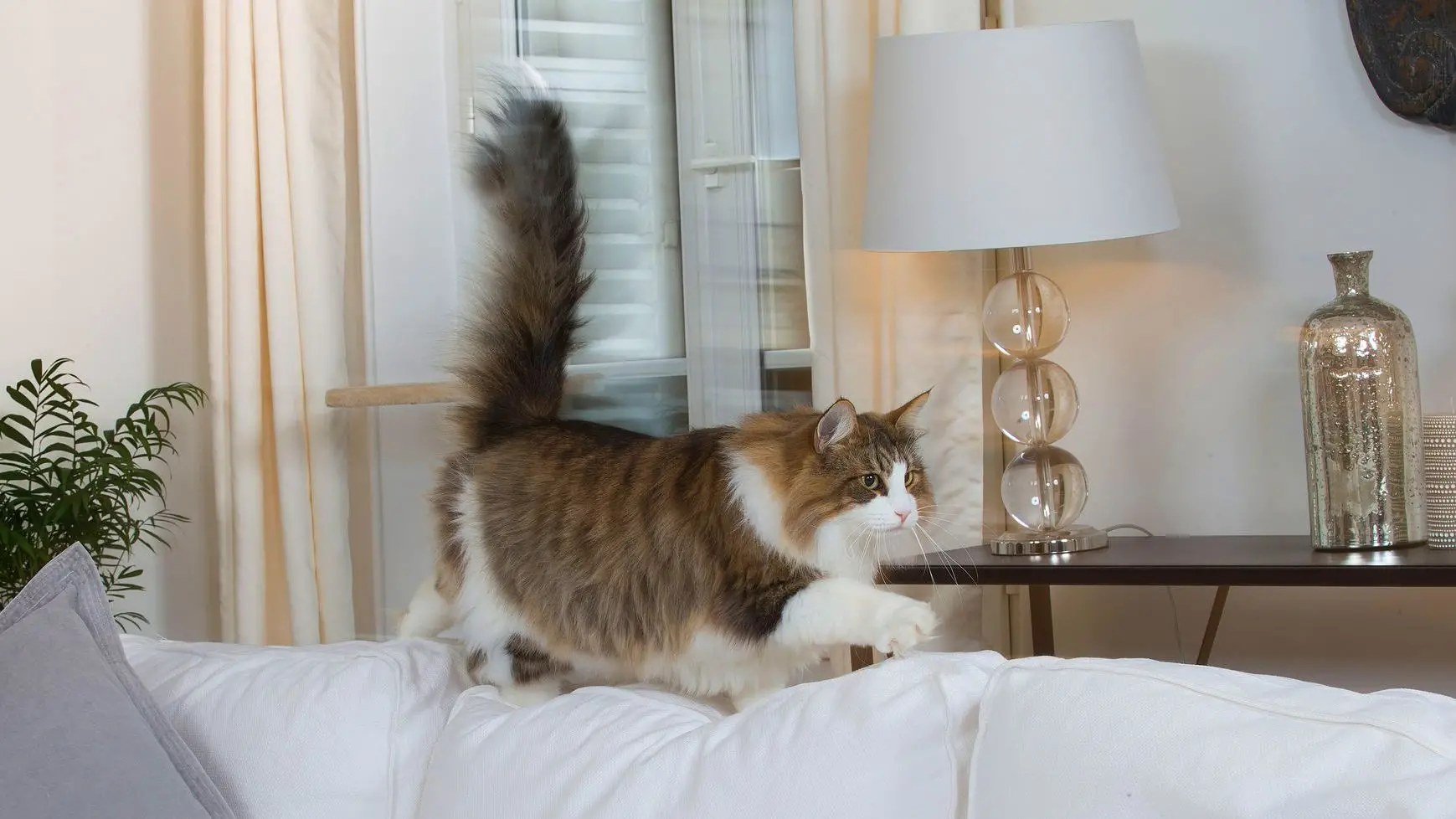5 owner habits that can harm your pet

Pets are becoming a meaningful part of the lives of many of us, adding joy to everyday life. However, despite all our love and care, sometimes we can miss an important point — our own contribution to their well-being. Even the simplest and most everyday actions can have a significant negative impact on the health of four-legged friends. Together with Oleksandr Ayshpur, Doctor of Veterinary Medicine, Royal Canin's Science Communications Expert, we will look at five of the most common pet habits that can harm your pet.
Smoking
Everyone has heard about the dangers of secondhand smoke, but information that pets also suffer from it has only recently begun to appear. Thus, according to data researchers from Purdue University, dogs whose owners smoke at home are six times more likely to get cancer than dogs whose owners avoid this bad habit.
Negligent attitude to safety at home
Just as stray animals are at risk on the street, pets can be endangered by their owners' negligence. Sometimes we don't even realize the danger that our homes can pose to four-legged friends. Creating a safe environment is especially important for owners who are often away from home.
First, you need to remove or limit the animal's access to poisonous plants in the house and garden. For cats, a particular danger is posed by: cyclamen, holly, mistletoe, wisteria, dieffenbachia, philodendron, azalea, rhododendron, pseudo-peppercorn, oleander, poinsettia, ivy, Aucuba japonica, sweet peas and ficus. For dogs, the following are poisonous: ficus, cyclamen, hollyhock, mistletoe, philodendron, aloe, narcissus, hyacinth, iris, azalea, rhododendron, oleander, and sweet peas.
Secondly, to avoid severe poisoning, it is important to keep all household chemicals and medicines out of the reach of animals.
Thirdly, don't open windows too wide, especially if you have cats. Consider installing special nets on the windows.
Feeding from the table
When we see those big eyes, it can be hard not to share our own goodies with them. However, veterinarians unanimously assure us that this is definitely not worth doing. In addition to the fact that it can lead to an unbalanced diet and the formation of bad eating habits (such as constant begging for food), human foods contain ingredients that can be harmful or even deadly to animals. Eating such foods can lead to poisoning, gastrointestinal problems, and allergic reactions.
The American Society for the Prevention of Cruelty to Animals (ASPCA) has identified the most dangerous foods for cats and dogs: alcohol, avocados, chocolate, cocoa and cocoa products, coffee and other caffeinated products, citrus fruits, grapes and raisins, garlic and onions, sweeteners (such as xylitol), raw meat and eggs, milk and dairy products, nuts, coconut and coconut oil, salty foods, yeast dough.
"While taking care of your diet, don't forget that our pets have their own nutritional needs. Taste is only part of the equation, because providing all the beneficial nutrients that human food cannot fully provide is important for the health and longevity of the animal, says Alexander, When choosing food, you should take into account not only the breed and age, but also the level of activity and individual characteristics of the animal".
Ignoring joint leisure time
Time spent together during walks and games is very important for socialization, mental health of the animal and maintaining the necessary level of physical activity. So don't ignore this need for your pet to spend time together.
Although the common myth about cats is that they are independent and tend to be lonely, this is not entirely true. Of course, when a mustachioed cat wants to be alone in a secluded place, you shouldn't interfere with it and impose your company, but otherwise, don't forget about playing games, combing, and stroking together. All of these are opportunities to interact with your pet and build a strong bond between you.
Neglecting medical procedures
Inadequate veterinary care for pets can be a serious threat to their health. Important procedures such as vaccinations and deworming not only provide protection against disease, but also help prevent the spread of disease to other animals. Don't neglect regular visits to your veterinarian and follow the vaccination recommendations he or she provides.











